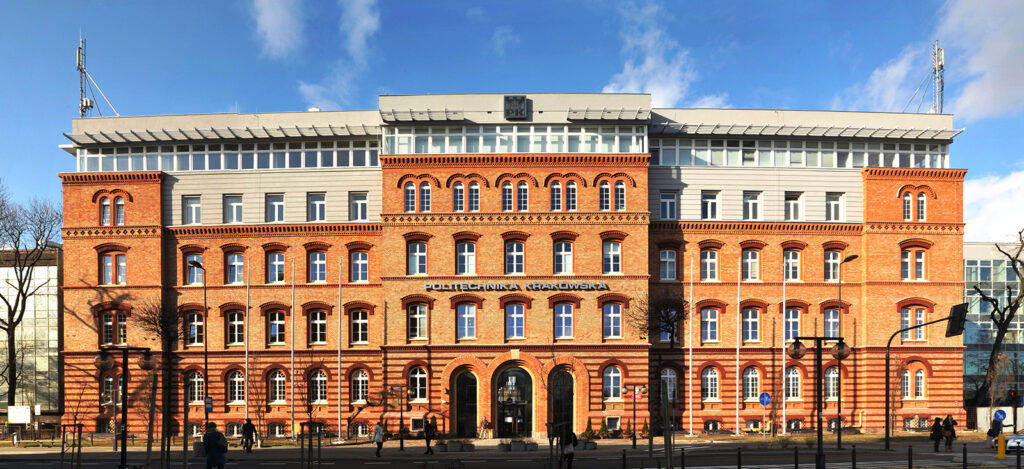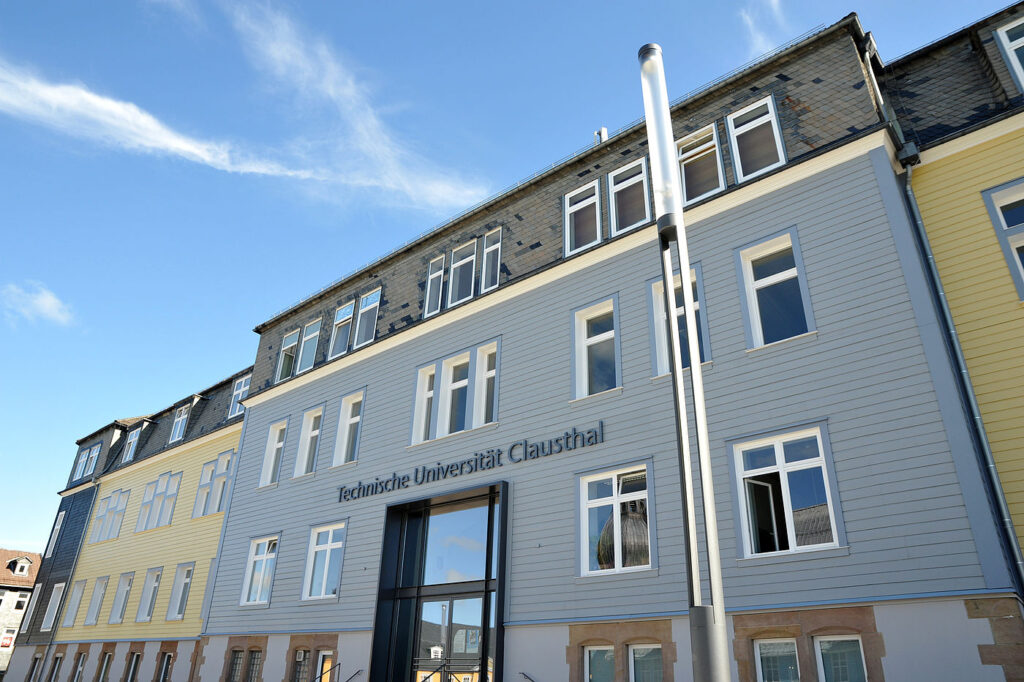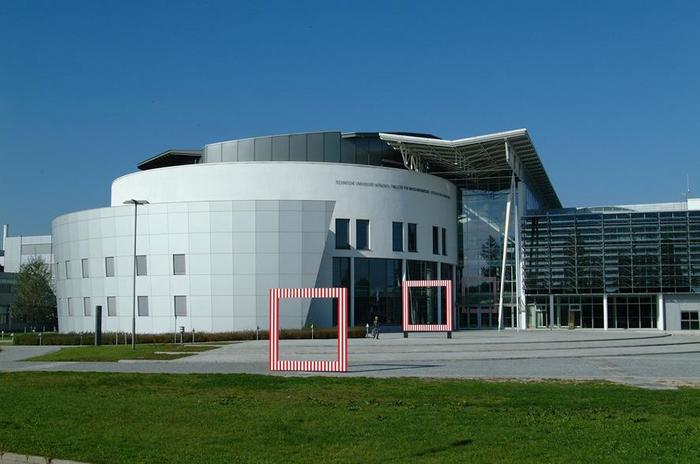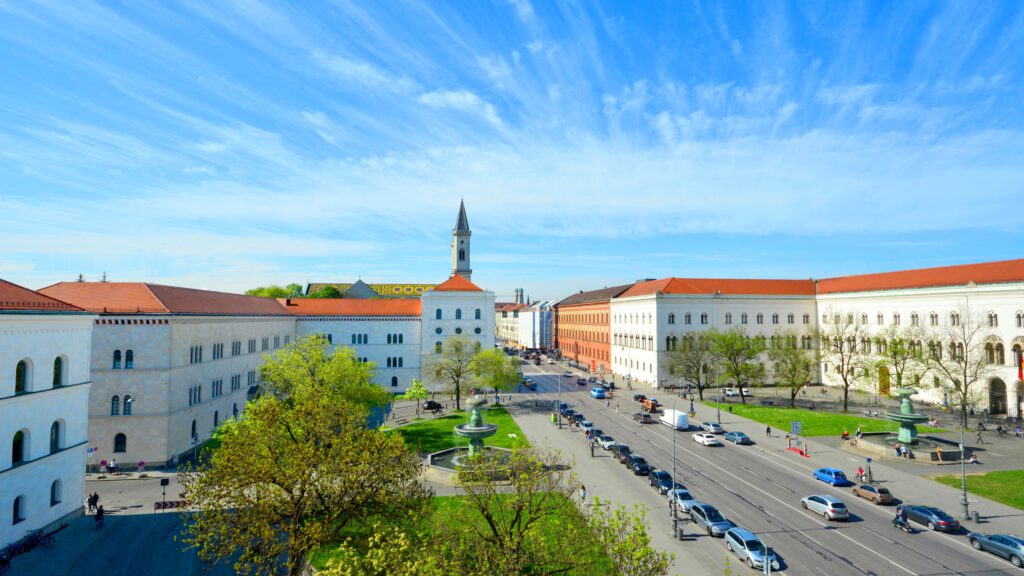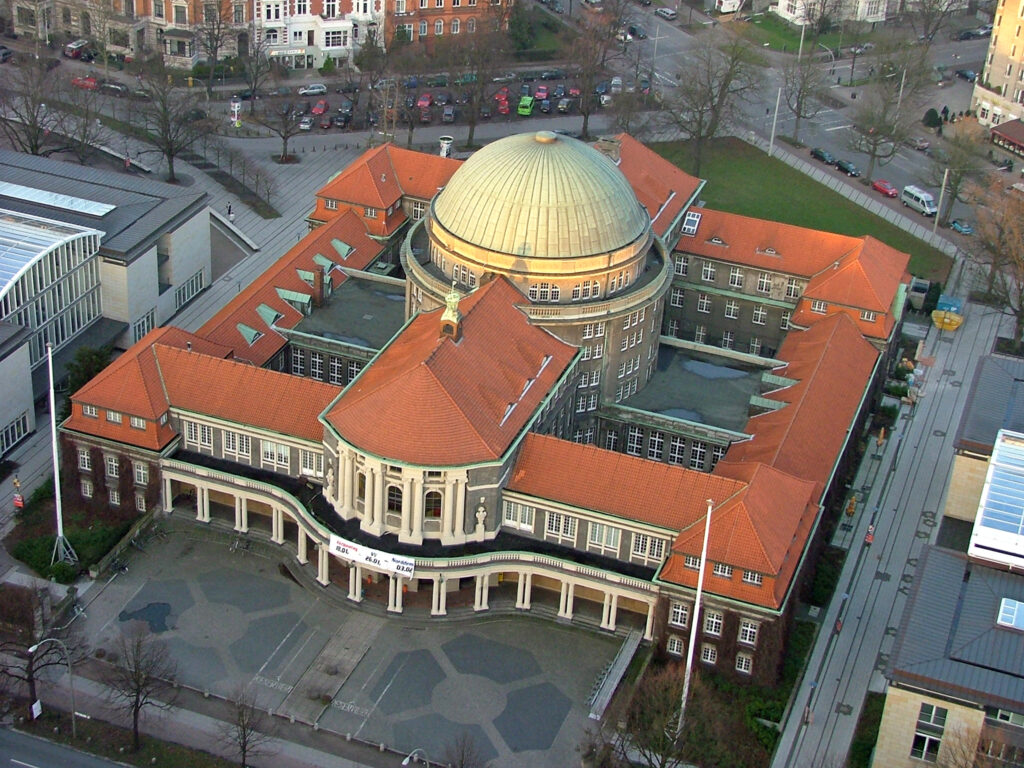Why Study in Germany
Germany is one of the top 3 most popular destination countries for international students. An average of 15% of international students study at German Universities.
So what are the advantages of studying in Germany?
Universities in Germany have an international reputation.
It is the country with the most universities in Europe.
There is no substandard university in Germany.
Tuition fees are reasonable. Students can receive quality education at public universities with tuition fees ranging from 350 to 500 Euros.
While they are students, they can work 20 hours a week and also cover their own expenses.
After graduation, they can have a residence and work permit.
Germany is an attractive place to work and a German university degree is highly valued by employers around the world.
Dormitory prices in Germany vary between 200 and 300 Euros on average. Eating and drinking expenses are generally around 150-200 Euros for one person, if the meal is to be made at home. Transportation expenses are balanced by the Semesterticket a student receives for tuition at the university. The Semesterticket allows the student to use all public transportation in their state free of charge.

